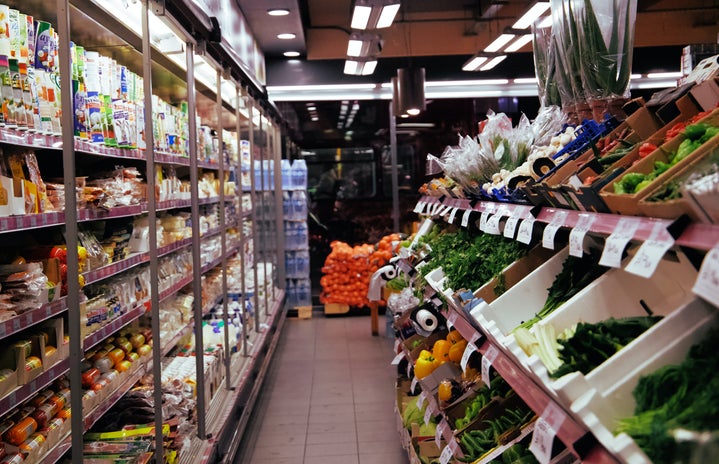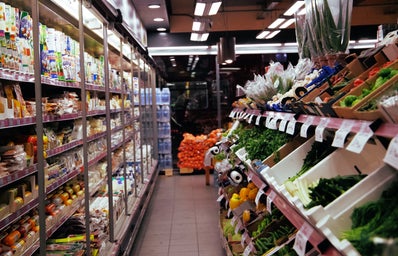An interview with Tim Wiggins and Lindsey Duncan.
In the 1940s, The Little Grill opened in Downtown Harrisonburg and has since become well known for their various pancakes and famous chili, gaining loyal customers. In June of 2003, the workers acquired collective ownership of the diner, now known as The Little Grill Collective. Previous co-owner, Tim Wiggins, reflects on his experience at The Little Grill.
“I started off as a worker, and then after a few years, I bought part of the business and became a worker-owner. Most of what I was doing was fun stuff like developing the menus, making dishes, and ordering food for the kitchen.” – Tim Wiggins
A collectively owned business provides unique opportunities for the worker-owners.
“The benefits of being a worker-owner is that you’re more involved in the decision-making process, more involved in the business. Whatever money the business made, we would split that up. People want to be involved in their workplace and be their own boss.” – Tim Wiggins
There are many different models for co-ops, The Little Grill collective has a group of worker-owners collectively running the business and then several hourly-paid workers. Others such as the Friendly City Food Co-Op, located on East Wolfe Street in Downtown Harrisonburg, allow customers to become owners and their investment in the company allows them the benefits of cheaper food. Lindsey Denny is the brand manager for the Friendly City Food Co-Op and was able to share her viewpoints on the benefits of a co-op business.
“It’s not a big corporation where only certain people are making money, instead, it’s not really about making a big profit at the end of the year. It’s all distributed equitably.” – Lindsey Denny
Both Friendly City Food and The Little Grill Collective strive to use locally grown and ethically sourced food, supporting many independent farms in the Shenandoah Valley area.
“I think it’s important to support local agriculture and local small businesses that are trying to do the right thing for the soil and for the environment.” – Tim Wiggins
“The community gets a grocery store that carries local, natural, and organic products.” – Lindsey Denny
Industrial agriculture may be able to produce mass quantities of food but is extremely harmful to the environment as they overwork the soil and their livestock produces a massive amount of waste. By sourcing their food from small farms, The Little Grill Collective and Friendly City Food Co-Op are not only supporting local small businesses but are also doing their part to help the environment.
Many co-ops are able to succeed due to the community that they build within their business.
“We attract a certain type of person that cares a lot about local food, and co-ops, and organic food.” – Lindsey Denny
“You got really close with the people, it was a tight-knit community.” – Tim Wiggins
Worker co-ops may require putting in more work at times, but the benefits of a democratic workplace can be extremely rewarding. Being a part of a collective workplace can make you more invested in the work you’re doing, as opposed to working for a business you have no stake in. Most co-ops strive to create a healthy work environment for all their employees.
“I was very proud of my work. It wasn’t like other places where you clock-in, clock-out, get a paycheck.” – Tim Wiggins
While these businesses are helping improve worker experience, and promoting local, ethically sourced food, they can’t do it all alone. Co-ops such as the Little Grill Collective and Friendly City Food Co-Op, need our support in order to continue the good work they do for their workers, the community, and the environment.


